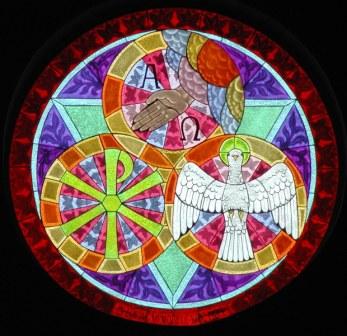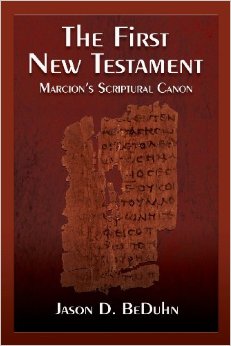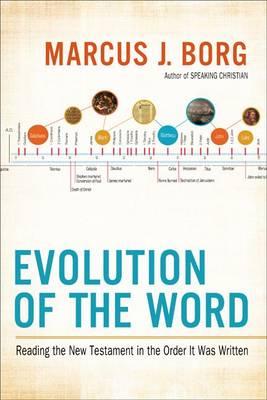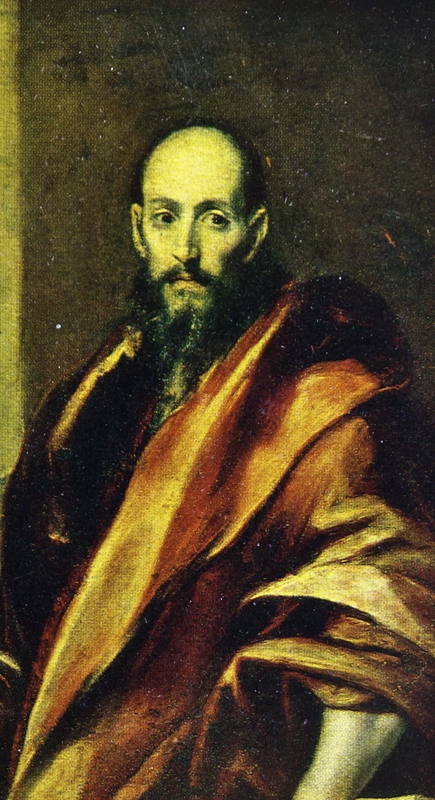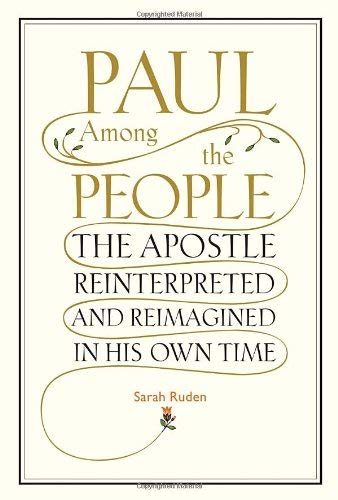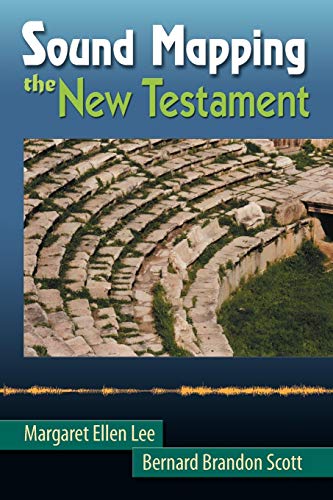Bonhoeffer believed that in the future a religionless Christianity—stripped of its religious garments—would be limited to two things: prayer and action.3 He believed that through these two acts Christians would learn to see the world from a new perspective, with the eyes of those at the bottom of society—the people that Matthew called “the least of these.” For Bonhoeffer, prayer—especially intercessory prayer—becomes important because it creates a powerful sense of empathy and solidarity with the people one brings before God. This, in turn, motivates one to engage in “righteous” action—the seeking of justice in human society.
What does the Doctrine of the Trinity look like if we reject the idea that it describes a permanent unchanging God? It describes a God as close as your breath, a God whose creative power continues to create, a God who we can see incarnate all around us.
The earliest version of the New Testament, now in English for the first time! History preserves the name of the person responsible for the first New Testament, the circumstances surrounding his work, and even the date he decided to build a textual foundation for his fledgling Christian community. So why do so few people know about him? Jason BeDuhn introduces Marcion, reconstructs his text, and explores his impact on the study of Luke-Acts, the two-source theory, and the Q hypothesis.
The New Testament in the Order the Books Were Written
the full-text of the New Testament—and one of the only Bibles organized in chronological order and including explanatory annotations that give readers a more informed understanding of the Scripture
Jesus’ parables tell us how use our creativity to subvert the putative rulers of Earth. Jesus got into trouble for suggesting that the way to assure that all of the people have food to eat is to share whatever they have. And don’t assume that your traditional enemy has no soul. The very powers that are supposed to have your best interest at heart will pass you by on the other side of the road while you die in the ditch (“The Good Samaritan” Luke 10:30-35). To love your enemies is to have no enemies.
Progressive Christianity as it exists here and practiced on the discussion board is in my view well noted as an aid to deconstruction of the programmed dogma and doctrine of the traditional church system. Many but not all seem to come here that appreciate the support and presence of like minded individuals who have come to similar conclusions. What has been voiced here in the past is that we are good at deconstruction of organized religion but not at all in reconstruction.
Paul insists, "It is for freedom that Christ has set us free." Yes, freedom. Paul was the Apostle of human freedom.
2) The Hebrew scriptures, or the Old Testament, represent a religious tradition that is independent of the later Christian faith. The Hebrew scriptures aren't about Jesus, although the Christian scriptures include many references to the Hebrew scriptures. To honor the fundamental differences between the two sets of scriptures doubles the spiritual significance of the entire Bible.
“Sin” is not about sex, or petty transgression. “Sin” is about the seduction of power-over others; of the gratification of having what others cannot have.
The process the early followers of Jesus went through that resulted in the Church of Jesus Christ is fairly long, fairly obscure, and full of pitfalls for those who seek to recreate it.
Matthew 16:13-28; Romans 6:5-11 This commentary is going directly through Matthew without regard for the traditional Christian liturgical year, so will not skip
Romans 12 and Matthew 10 are put to critical scrutiny to leave aside conventional notions of piety and sacrifice in favor of truly subversive ideas concerning grace and distributive justice.
Creation liturgist Sea Raven juxtaposes the thinking of Matthew and Paul for her first article of the lenten season.
In Paul Among the People, Sarah Ruden explores the meanings of his words and shows how they might have affected readers in his own time and culture. She describes as well how his writings represented the new church as an alternative to old ways of thinking, feeling, and living.
In the Hellenistic world, writings were read aloud, heard and remembered. But modern exegesis assumes a silent text. The disjuncture between ancient...


